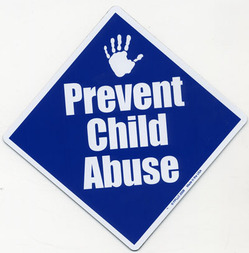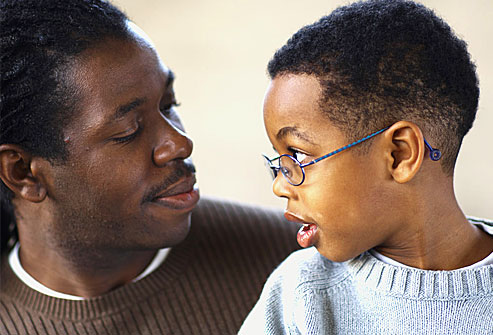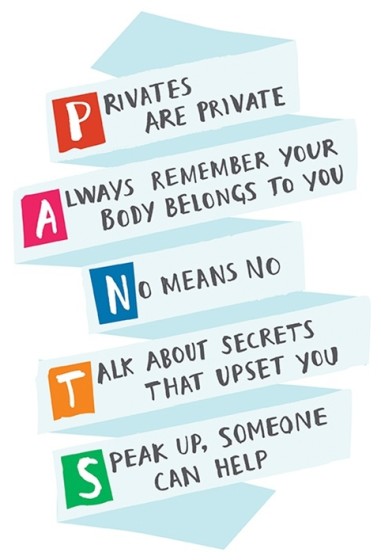How To Keep Your Child Safe From Sexual Predators
As parents, we make sure our children know how to deal with neighborhood strangers. And there’s a constant worry about how to keep your child safe from sexual predators.
We instruct them on how to properly react when someone unfamiliar offers them candy, or how to answer when an unknown person asks whether mommy or daddy is home.
Unfortunately, this is not enough to protect them from sexual predators. Here’s how to keep your child safe from sexual predators.
The Sexual Predator Isn’t Always A Stranger
Like many others, you might stereotype a sexual predator as the “dirty old man” or faceless internet predator. But the truth is most sexual abuse crimes are not committed by faceless strangers. In the majority of cases, they are committed by someone whom you and your child know and trust, such as a teacher, a coach, a friend, or even a family member.

Unfortunately, most children keep the abuse to themselves because they feel scared or guilty. Anne Lee, the founder of a nonprofit organization that prevents child sexual abuse, states the sexual predator usually humiliates, shames, or threatens his victims so they will not tell.
But there are certain instances where a child or a parent falsely accuses another individual of sexual abuse. The motivations behind these accusations include:
- To prevent an ex-spouse from getting child custody
- Teenager’s revenge against over-protective parents
- False statements to a friend or family member, were reported to the police. The false statement became increasingly difficult to take back.
For this reason, it is not only necessary to protect your child from sexual predators but to avoid slinging false allegations. The defense attorneys at Texas-based Tad Nelson & Associates warn child sexual abuse charges to have severe legal implications including:
- Mandatory time in jail
- Jail sentence of 25 years to life
- Be registered as a sex offender
- Probation
Child Abuse Prevention
-
Talk To Your Child
You don’t have to scare your young ones to keep them safe. Teach them the difference between appropriate and inappropriate touching. Talk openly and directly so they will know it’s okay to talk to you when they have questions or concerns.
As a tip, you can use the “bathing suit” conversation to talk to your child. The bathing suit covers all of her private parts – parts that nobody, except the child, mom, dad, and the doctor, can see, touch, or clean. This is an excellent visual reminder and a very age-appropriate way to explain boundaries to a kid.
-
Teach Your Child
You should also educate your child about the important safety principles.
- You should teach them the proper names of their body parts. You can then ask them questions about those body parts and they can express their concerns.
- Remind your child of the importance of letting you know if someone made them uncomfortable.
- Let your child know if someone touched or talked to them in a way that made them uncomfortable, it shouldn’t stay a secret.
-
Set Ground Rules
You should remind your young ones they are not allowed to have secrets. An adult who asks a child to keep something from their parents is a major warning sign. Predators usually ask their victims to keep “what happened” a secret. You should encourage honesty and truthfulness in your child.
Recognize The Red Flags
-
Physical Signs
- Bleeding, bruises, or swelling of the genital area
- Frequent need to urinate or urinary tract infection
- Pain, itching, or burning around the genital area
- Difficulty walking or sitting
- Pregnancy especially for children under the age of 14
-
Behavioral Signs
- Nightmares or bed-wetting
- Inappropriate sexual knowledge
- Sexual abuse confession
- Depression
- Suicidal thoughts
- Overly protective of siblings
- Symptoms of post-traumatic stress disorder
Please forward this post using the social media buttons below. Thank you.












